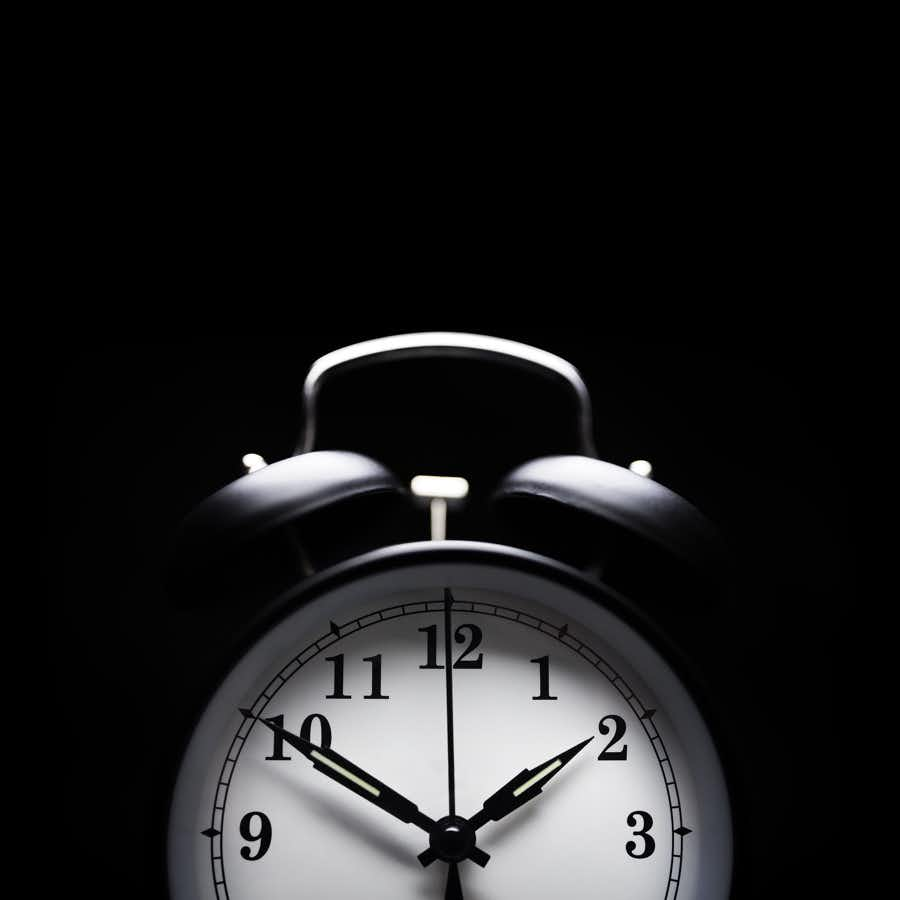
We frequently hear from people who have trouble sleeping. That’s not surprising. After all, 12 percent of Americans report chronic insomnia. Just to add insult to injury, they usually are well aware of the importance of adequate sleep for good health. Consequently, as they toss and turn, they worry that not falling asleep is harming their ability to function well the next day. Isn’t that guaranteed to keep them awake? We are excited about a new, drug-free approach to help them sleep easier.
SONU to Sleep Easier:
The new approach is an easy-to-use headband. It delivers personalized audio tracks that resonate within the individual’s sinus cavities. The SONU band was developed to help ease nasal congestion, which it does very well. But it can also alleviate insomnia. A recent small study demonstrated that people wearing the band 45 minutes a day slept better (Journal of Sleep Medicine, April 2025). Seventy percent of the 20 study volunteers got relief from their moderate to severe insomnia. Best of all, they did not experience side effects.
Should You Try SONU?
The researchers are affiliated with Stanford Medicine and SoundHealth, the maker of SONU.
They concluded:
“Customized binaural beats show promise for insomnia treatment, with no adverse effects and high adherence.”
Translating from medicalese, people stuck with this headband and its personalized audio tracks for the entire month of the study. They got relief from their insomnia without side effects. We like the idea of relief without adverse reactions! That’s why we are pleased that SoundHealth, which makes the SONU band, supports our podcast and radio show.
Get SONU:
To learn more about this exciting new technology and to order a vibrational sound therapy headband for yourself, you can navigate to GetSONU.com. There you will find testimonials and links to research as well as an opportunity to purchase the product. Why not Get SONU to sleep easier? Let them know you heard it here, at The People’s Pharmacy.
Citations
- Lin K et al, "Use of customized binaural beats for the treatment of chronic insomnia." Journal of Sleep Medicine, April 2025.

